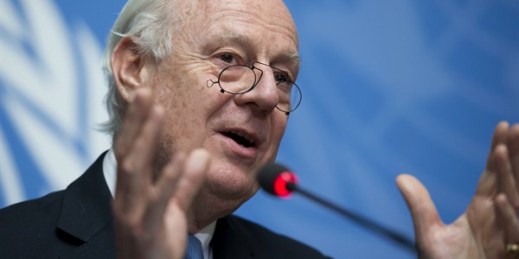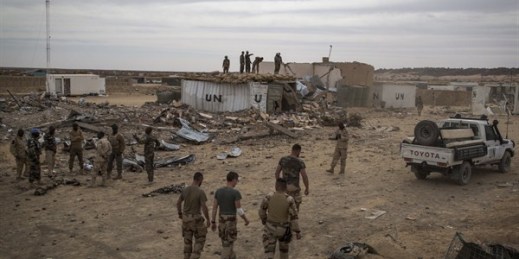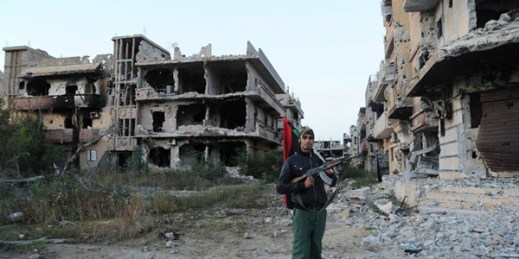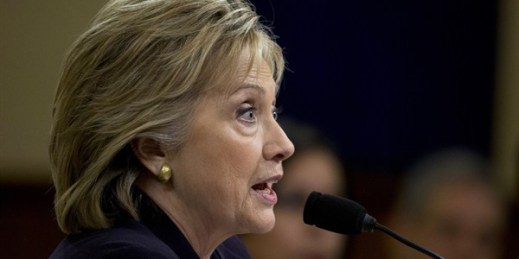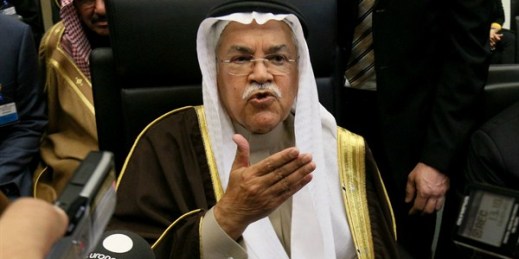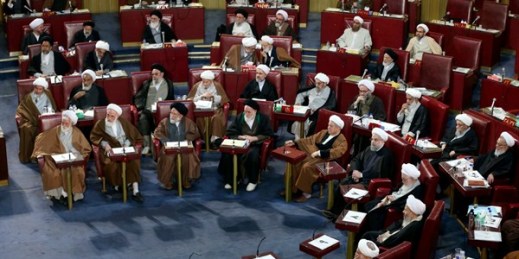
Last month’s elections for Iran’s parliament and Assembly of Experts were complicated by the elaborate and extensive vetting procedure that filters out candidates considered too radical for the system. The overwhelming majority of those disqualified candidates belonged to the progressive end of the spectrum, usually referred to as reformists. Yet despite the authorities’ efforts to manage the outcome, Iran’s hard-liners still lost their majority in Iran’s 290-member parliament, or Majlis, while moderates won a majority in the Assembly of Experts, the clerical body tasked with choosing the next supreme leader. Key hard-liners, including two prominent clerics from the Assembly of […]

